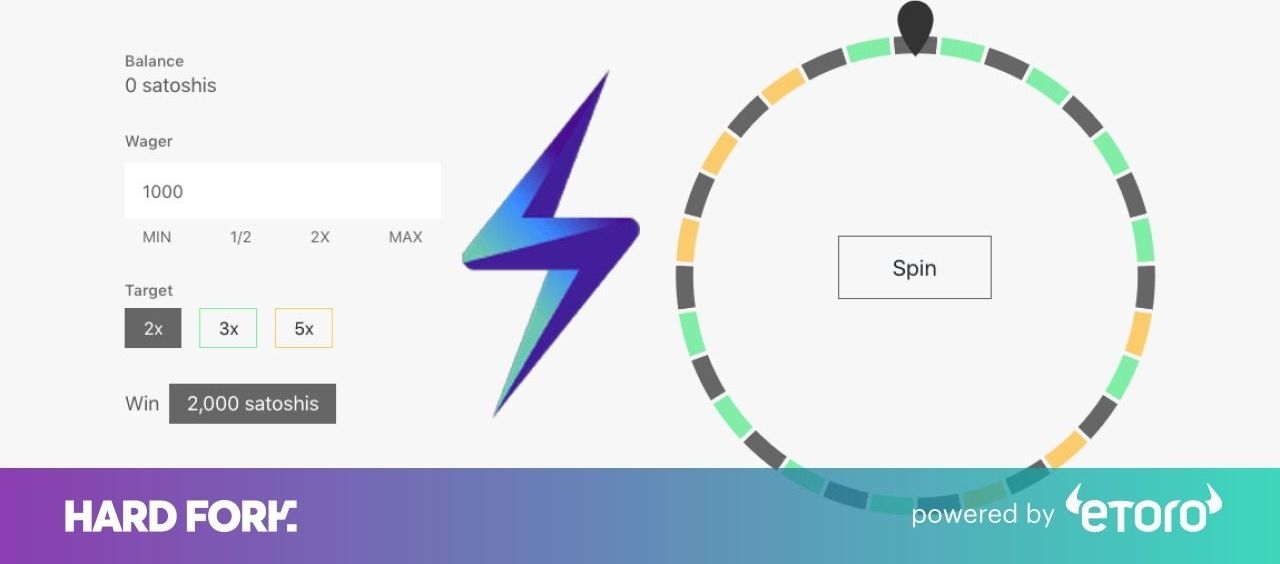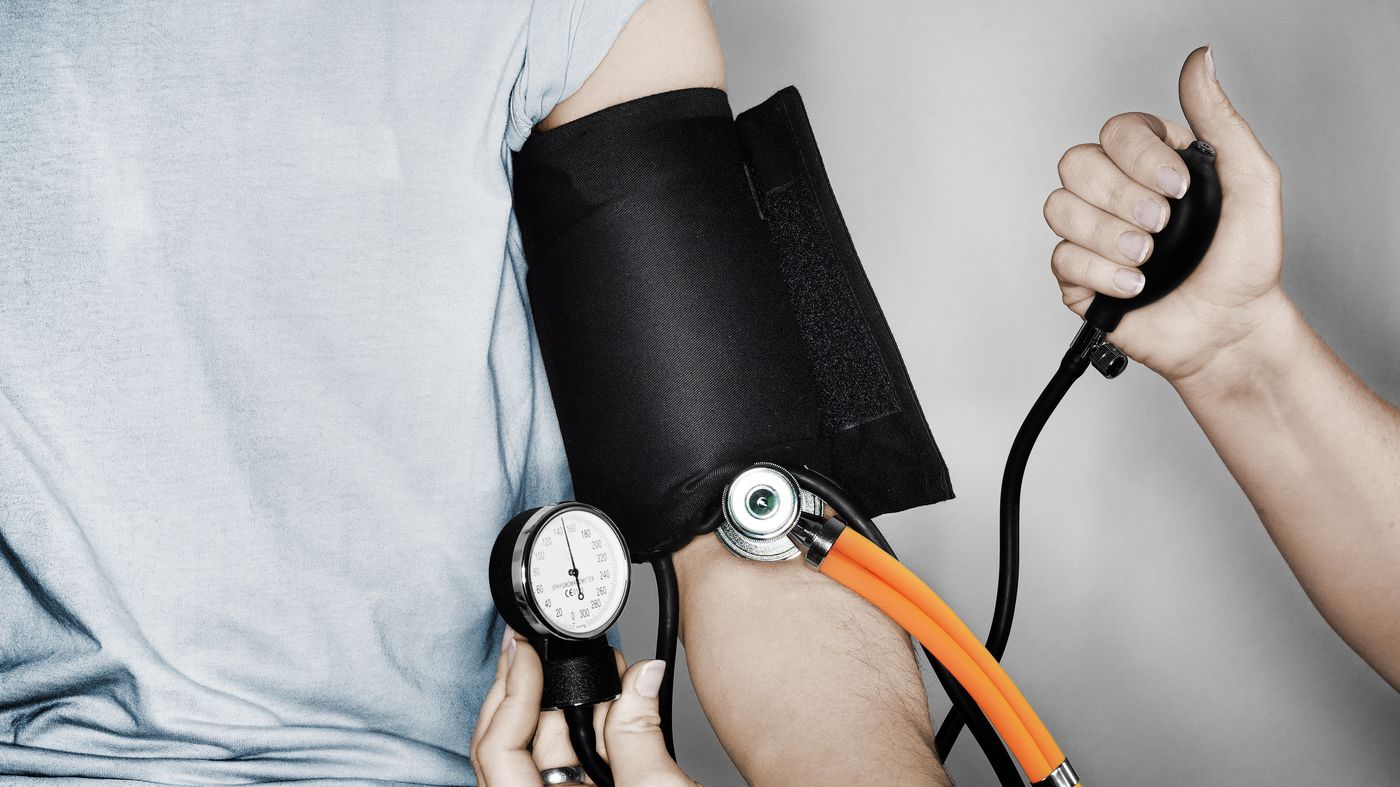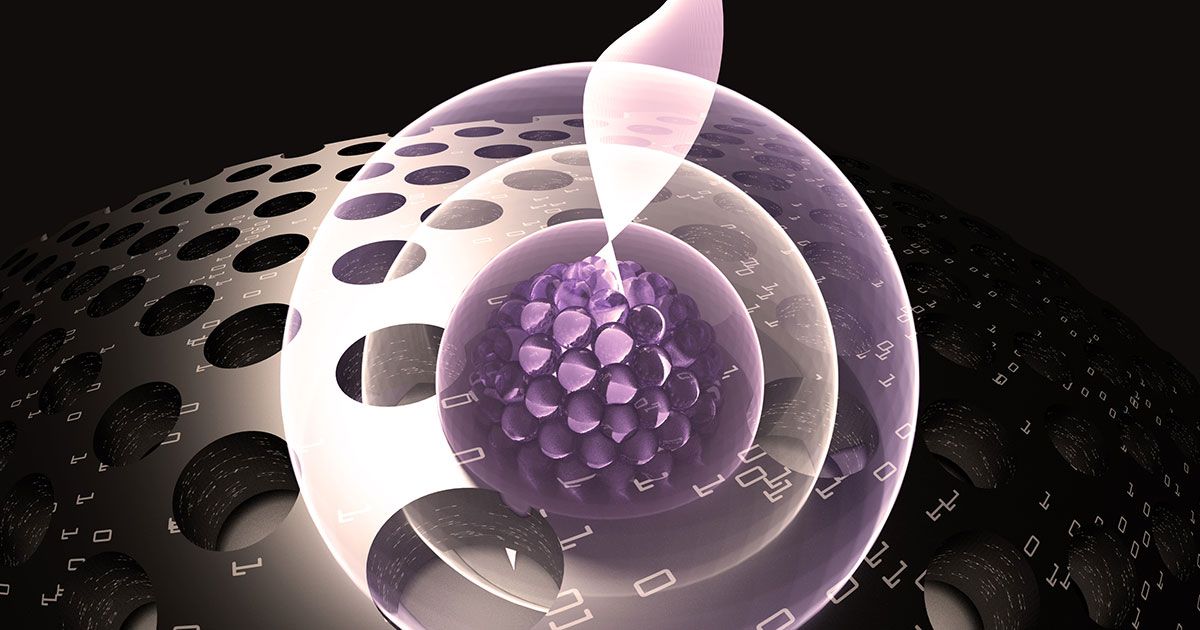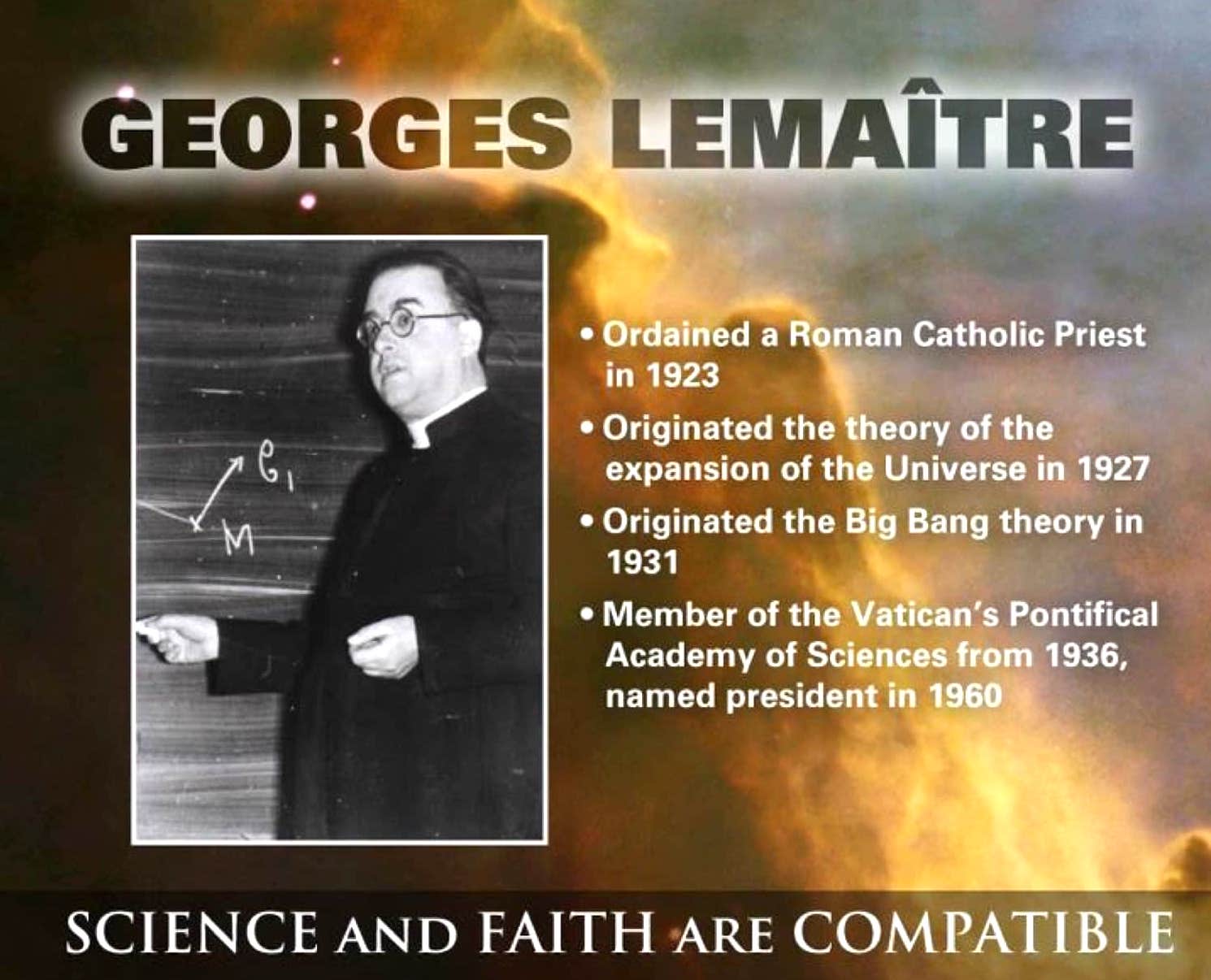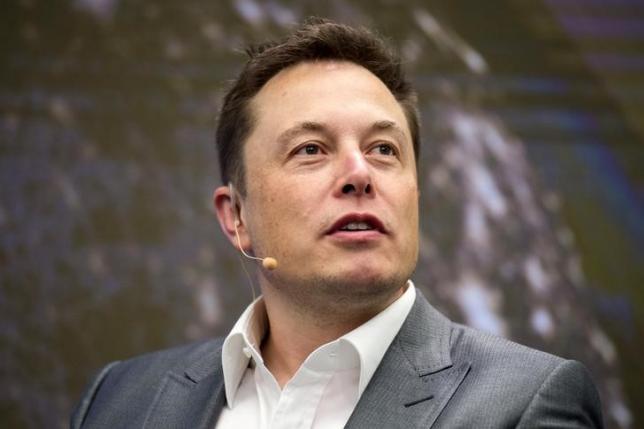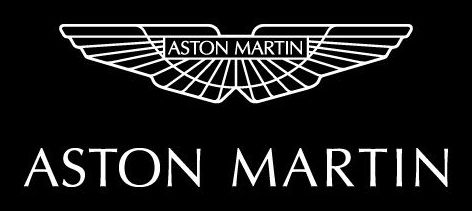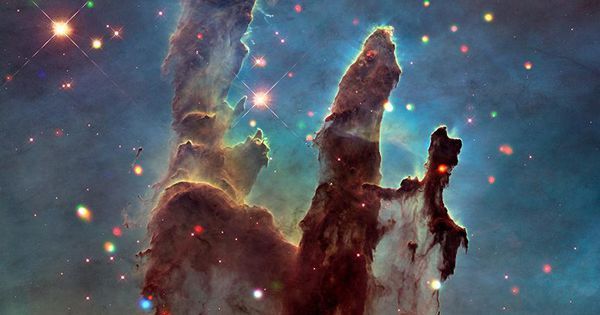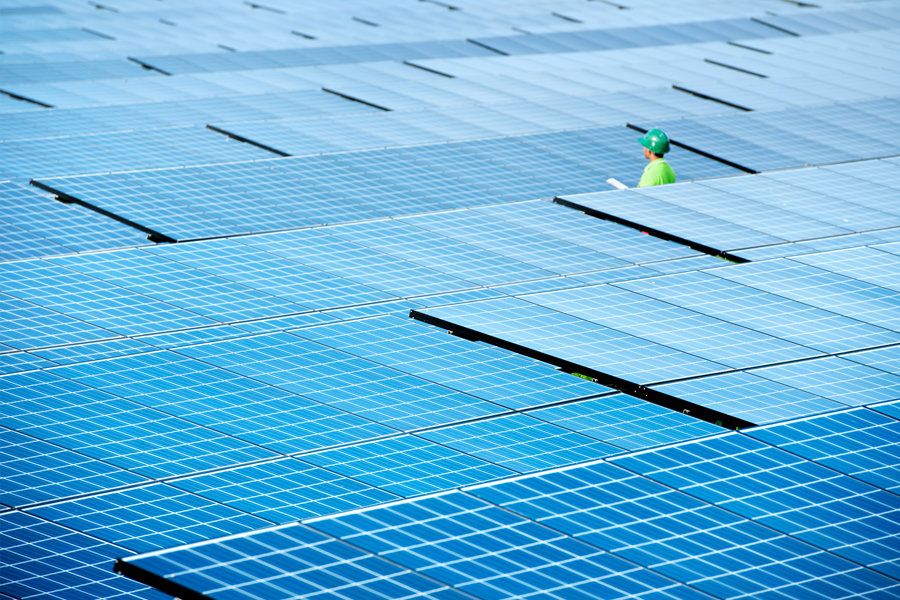Jul 16, 2018
Lightning-powered app lets you play roulette on the blockchain
Posted by Genevieve Klien in categories: bitcoin, climatology
Blockchain developers won’t be at peace until every single thing in the world is on blockchain. Or, so it seems.
Web developer Rui Gomes has created Lighting Spin — a web app that lets you play roulette over Bitcoin Lightning Network.
The app lets you wager anywhere between 1,000 Satoshi (approximately 6¢) to 100,000 Satoshi (approximately $6) per round. All you need to play the game is load your balance using a wallet service with support for the Lightning Network – like Eclair, for instance.
